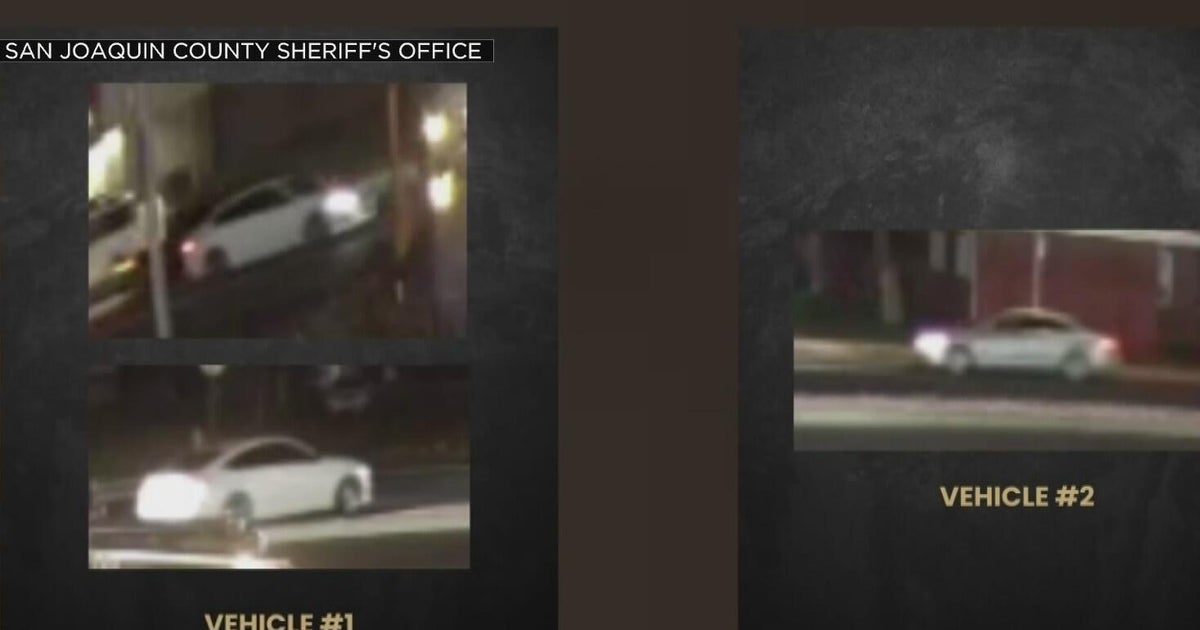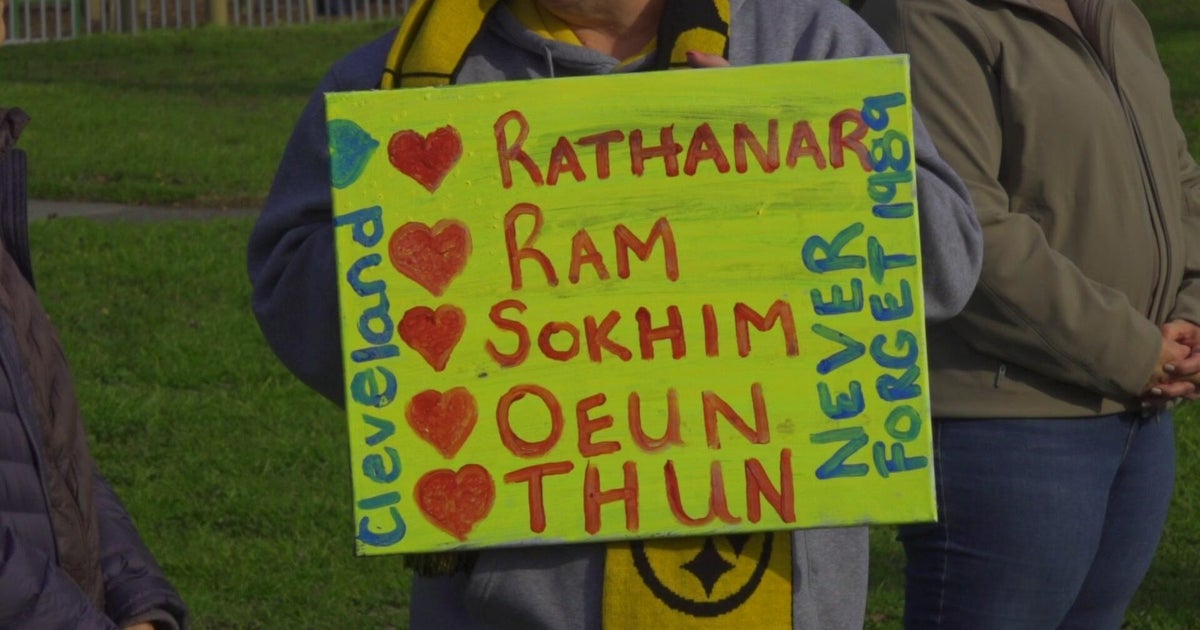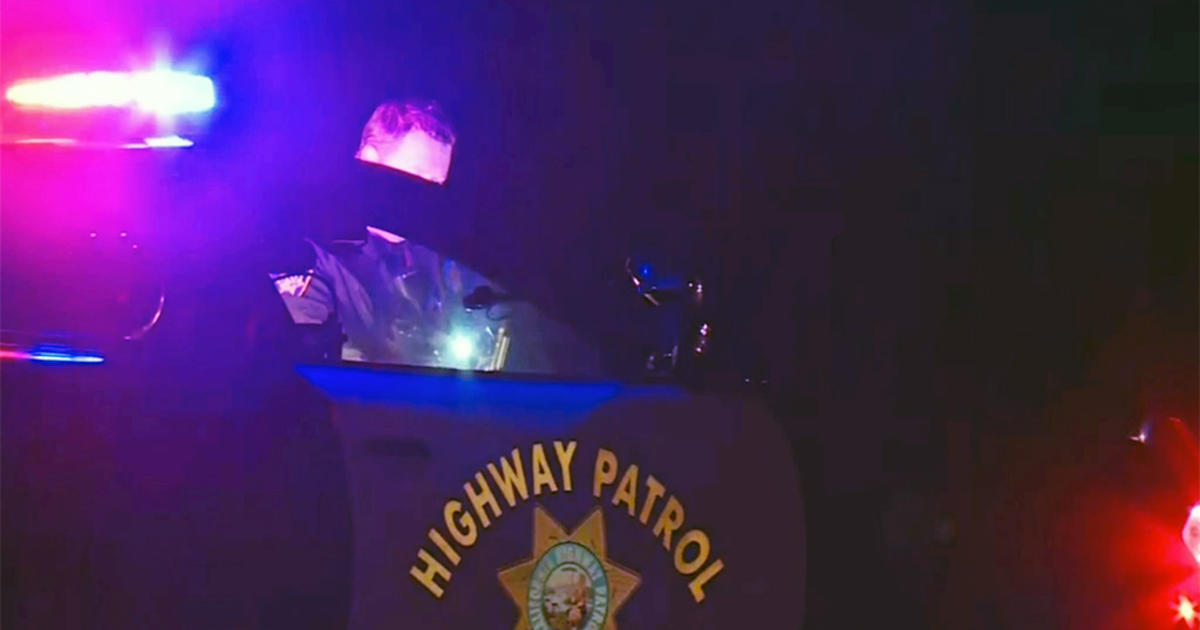Monterey Park mass shooting continues to spark gun control debate
As the memorial for the Monterey Park mass shooting victims continues to grow more than two weeks after the tragedy, community members and families of the victims continue to engage in debate over gun control in America.
While the families continue to grapple with the unsurmountable loss, many argue that they are owed restitution for the calamitous event that happened at the Star Dance Studio on Jan. 21.
Visitors leave messages in chalk to the 11 victims of the shooting, with an increasing amount of messages calling for stricter gun control laws.
"Gun control now. Enough is enough," said one message the memorial on Sunday evening.
A new law in California allows private citizens fallen victim to gun violence the opportunity to sue gun manufacturers who fail to meet state standards, signed into effect in July 2022 by Gov. Gavin Newsom. The law officially goes into effect in July of this year.
However, for the victims of the Monterey Park shooting, one stipulation of the law does not qualify them for the bill, as the suspect allegedly purchased the weapon many years ago.
"Companies need to have 'reasonable controls' to prevent improper sales to traffickers, straw purchases, or sales to people who present a substantial risk of using the weapon for harm," the Firearm Industry Responsibility Act says. "Manufacturers are also required to guard against the loss or theft of gun-related products from wholesalers or retailers."
One local attorney says that the law could help prevent further tragic events from occurring in the future, by holding the chain of executives in a gun distribution company to more accountability.
"Everyone of those folks in the chain of distribution has to take some reasonable control to make sure the gun doesn't fall into the wrong hands," said Minh Nguyen, a trial lawyer. "The thought of pursuing the gun manufacturer is out of frustration that we can't get reasonable gun control in the nation. We all recognize that it's a problem and we're all struggling to come up with a solution. One solution is trying to make it hurt where it costs most the manufacturers, which is the bottom line."
On the other side of the spectrum, Rick Travis, the Legislative Director for the California Rifle and Pistol Association, says that the bill is just a way for government to specifically go after anything dealing with firearms since they don't want them in California.
He also says that the threat facing law-abiding gun owners if the threat of liability discourages manufacturers form making legal products available to Californians.
"For 10 years we've been passing the same type of legislation, and yet these tragedies have happened," Travis said. "What are we not doing?"







